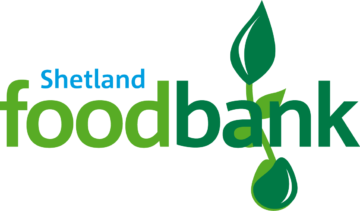About
How foodbanks work
Providing emergency food to people in crisis.
Every day people in the UK go hungry for reasons ranging from redundancy to receiving an unexpected bill on a low income. A simple box of food makes a big difference, with foodbanks helping prevent crime, housing loss, family breakdown and mental health problems.
Food is donated
Schools, churches, businesses and individuals donate non-perishable, in-date food to a foodbank. Large collections often take place as part of Harvest Festival celebrations and food is also collected at supermarkets.
Food is sorted and stored
Volunteers sort food to check that it’s in date and pack it into bags ready to be given to people in need. People from all over Shetland give up their time to volunteer at the foodbank.
Professionals identify people in need
Foodbanks partner with a wide range of care professionals such as doctors, health visitors, social workers and police to identify people in crisis and then refer them to our foodbank.
Clients receive food
When clients are referred to our foodbank they are given one week’s supply of emergency food. Volunteers meeting clients can offer a warm drink and a listening ear and are able to signpost people to agencies able to help clients tackle the longer-term problem.
